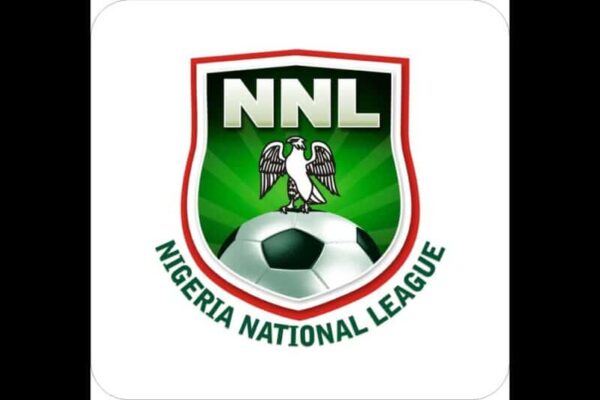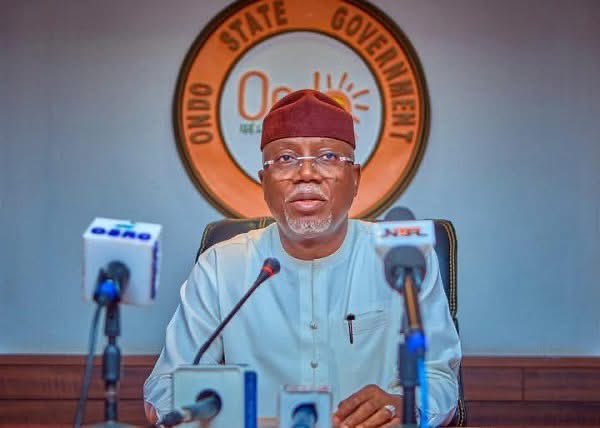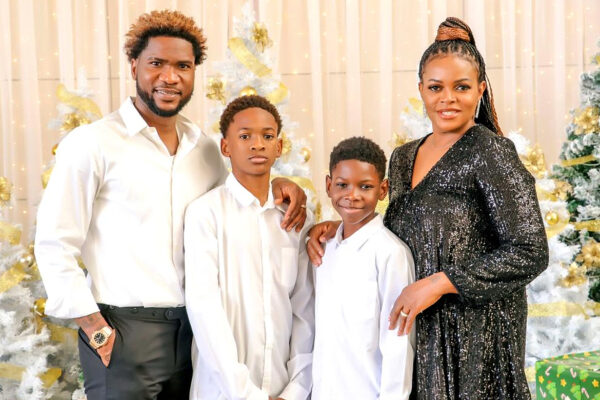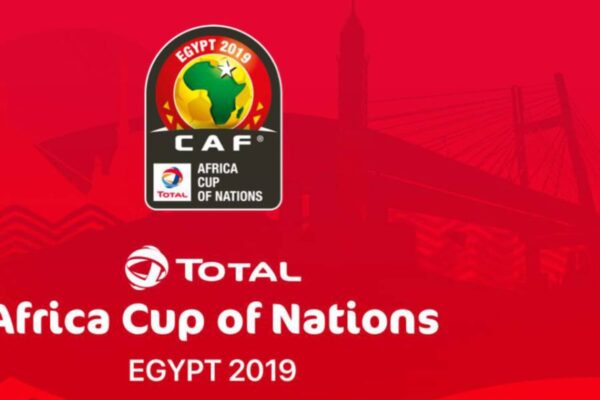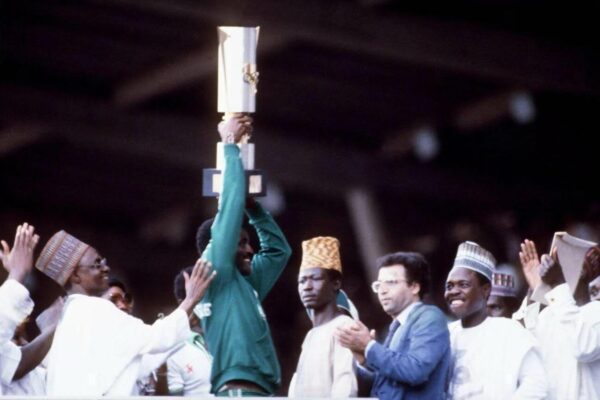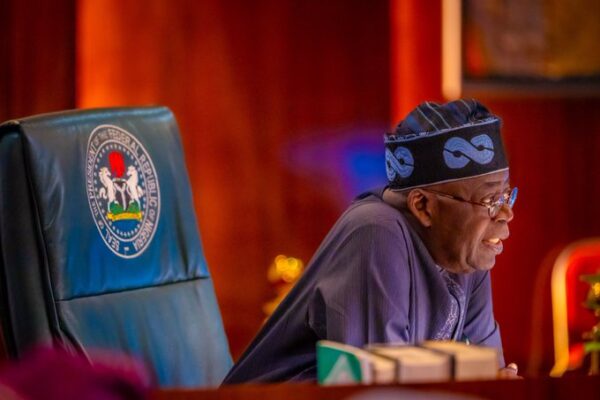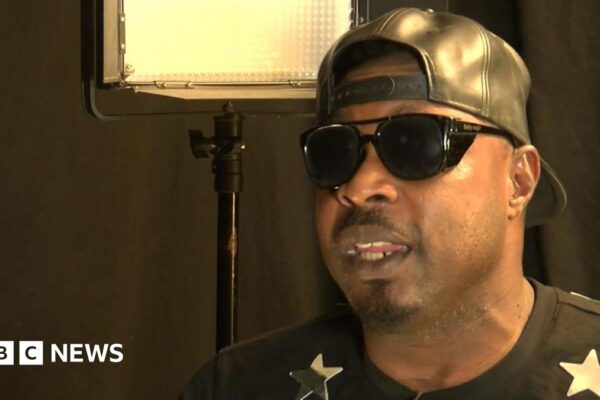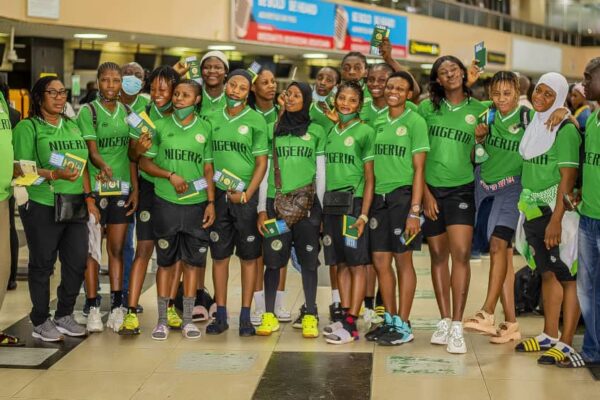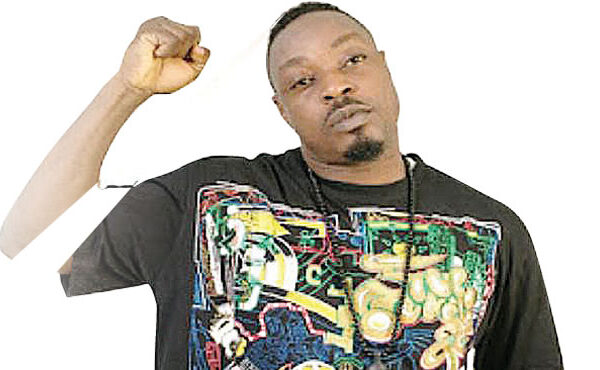Media Rights Agenda (MRA) has condemned the directive issued by the National Broadcasting Commission (NBC) to radio and television stations across the country not to broadcast the song “Tell Your Papa” by Nigerian rapper Eedris Abdulkareem, describing it a blatant abuse of regulatory power, a violation of constitutional rights, and a dangerous affront to freedom of expression. The NBC issued a directive dated April 9, 2025 through its Coordinating Director of Broadcast Monitoring, Ms Susan Obi, titled “Restriction on broadcasting ‘Tell Your Papa’ by Eedris Abdulkareem” and addressed to all broadcast stations, asking them to refrain from airing the song as its content is deemed inappropriate for broadcast due to its alleged objectionable nature. The Commission claimed that the song “is, therefore, classified as Not To Be Broadcast (NTBB), as it violates Section 3.1.8 of the Nigeria Broadcasting Code.” However, in a statement issued in Lagos by its Programme Officer, Ms Ayomide Eweje, MRA described Section 3.1.8 of the Nigeria Broadcasting Code” as nebulous, observing that the provision merely states that “A programme or musical content classified as ‘Not To Be Broadcast’ (NTBB) shall not be broadcast” without stating any basis for such classification, what kind of content qualifies for not to be broadcast status or under what circumstances a programme or musical content can be classified as NTBB. She described this provision of the Code as a recipe for arbitrariness and the directive as a misuse of regulatory authority and powers, saying that the NBC has completely confused its role as a supposedly independent media regulatory body with that of a propaganda agency charged with shielding the government from criticism or embarrassment. Ms Eweje said: “The NBC’s decision to ban the airing of a socially and politically conscious song without a clear legal basis or due process amounts to censorship. It is a clear attempt to stifle artistic expression and silence dissenting voices, both of which are fundamental elements of a democratic society. Such actions violate Section 39 of the 1999 Constitution (as amended), which guarantees the right to freedom of expression, and undermine Nigeria’s obligations under international human rights instruments, including Article 9 of the African Charter on Human and Peoples’ Rights and Article 19 of the International Covenant on Civil and Political Rights, both of which are binding on Nigeria.” She argued that artists have the right and freedom to use their platforms to critique governance and criticize governments, raise awareness, and reflect public sentiment and that the NBC, as a regulatory body, must act within the bounds of the law and not serve as a tool for suppressing uncomfortable truths or politically charged content that challenges the status quo. Ms Eweje called on the Commission to immediately rescind the ban on “Tell Your Papa” and refrain from arbitrary actions that erode public trust in it; infringe on the constitutional rights of Nigerians “to receive and impart ideas and information without interference”; and shrink the civic space, adding “We also urge all stakeholders in the media and creative sectors, as well as civil society, to resist any attempt to muzzle freedom of expression under the guise of regulation.” She stressed that MRA remained committed to defending the rights of all Nigerians, including, journalists, artists, academics and other citizens, to seek, receive and impart information and ideas of all kinds, without fear of censorship, repression or reprisals.
